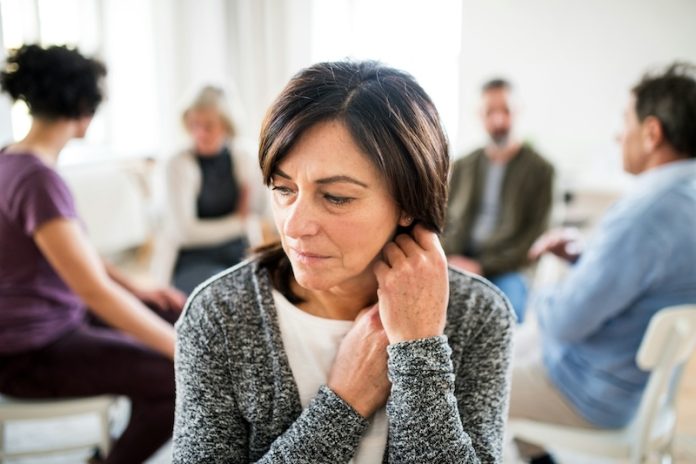
Depression is one of the most common mental health problems around the world. It makes people feel sad, lose interest in daily activities, and struggle with low energy. It can also affect sleep, appetite, and concentration.
Many middle-aged and older adults suffer from depression, and the number of people in this age group is growing rapidly. Scientists are trying to understand why depression is so common among them.
A recent study from researchers at Colorado State University looked into the biggest causes of depression in middle-aged and older adults. The study focused on how different factors, such as health and social life, influence mental well-being.
The researchers used a method called machine learning to analyze a large set of data from people across Europe. They studied 56 different factors to see which ones were most linked to depression.
The results showed that social isolation was the strongest risk factor. This means that people who spend a lot of time alone, with little contact with friends or family, are much more likely to become depressed.
The second biggest factor was poor physical health. People who struggle with health problems, such as chronic illnesses, are at greater risk of feeling depressed. The third key factor was difficulty moving around, also known as mobility problems.
When people have trouble walking or doing physical activities, they may feel frustrated or lose their sense of independence, which can lead to depression.
The researchers also explored how different social factors affect men and women. They found that men who had trouble managing daily tasks—such as handling finances, taking medication, or making phone calls—were more likely to develop depression.
For women, the researchers found that feeling overwhelmed by family responsibilities increased the risk. Women who felt that their duties at home prevented them from doing things they wanted to do were more likely to experience depression.
Despite these gender differences, the study confirmed that the main risk factors—social isolation, poor health, and mobility problems—were the same for both men and women. One of the most striking findings was that depression is about twice as common in older women as in older men. This pattern has been seen in other studies as well, but scientists are still trying to understand why.
This research highlights how important it is for older adults to stay connected with others. Having a strong social network can help prevent depression, and finding ways to support people with health and mobility problems may also improve mental well-being.
Depression can be a serious condition, but there are many ways to manage and reduce its symptoms. Some studies suggest that certain dietary supplements may help improve mood, and researchers are also exploring new treatments that could work more quickly than traditional antidepressants.
In some cases, a single dose of a particular medication has been shown to provide long-term relief from depression and anxiety.
This study was published in The Lancet Regional Health—Europe and conducted by Stephen Aichele and his team. Their findings remind us that social connection and physical health play a crucial role in mental well-being, especially as people age.
If you care about health, please read studies that scientists find a core feature of depression and this metal in the brain strongly linked to depression.
For more information about health, please see recent studies about drug for mental health that may harm the brain, and results showing this therapy more effective than ketamine in treating severe depression.
Copyright © 2025 Knowridge Science Report. All rights reserved.



